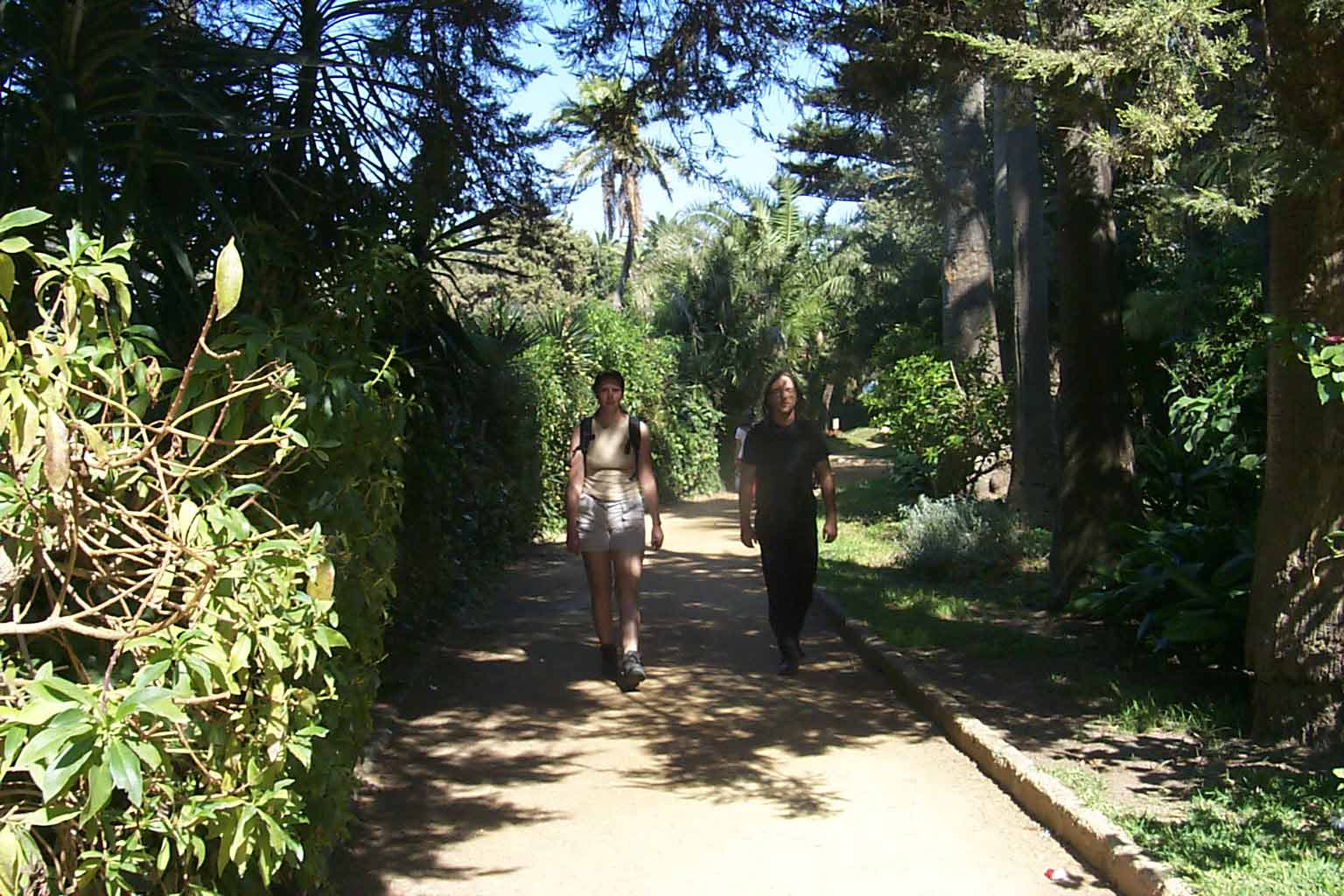June 15 - Seasoned dancers in Morris Code: turn, return, clap hands in front, back, and jerk the knee and foot alternately.
For June 1826, a letter presents an eyewitness account of morris dancing. At Rosoman-street, Clerkenwell, eight young men danced to the tunes emitted by pipe and tabor. "The dancers wore party-colored ribands round their hats, arms, and knees, to which a row of small latten bells were appended, somewhat like those which are given to amuse infants in teeth-cutting, that tinkled with the motion of the wearers."

Latten [horse-team] bells
Yes, these untutored clowns may not compare with professional acrobats, but do they not convey a sense of the "rural-born creature?"
Image from Weald and Downland Open Air Museum
June 16 - Some lines written at Ramsgate, composed at Willington-crescent ("a very pretty place, for either summer or winter residence"):
The East Wind
A summer sun in brightness glows,
But ah! the blighting east wind blows,
And weighs the spirit down!
All smiling is th' enlivening ray,
That tips with silvery tinge the spray,
O'er ocean's bosom thrown!
Yet, all inviting though it seems,
And tempts one forth to court its beams
I tremblingly retire:
For I am one who hate and dread
That eastern blast, and oft have fled
Its pestilences dire!
But the young shoots that round me rise
And make me old,--(though still unwise)
Feel no such fear as I
Brimful of joy they venture forth
Wind blowing west, south, east, or north,
If cloudless be the sky!
They tripping lightly o'er the path,
To them yet free from grief or scath,
Press on--and onward still,
With brow unwrinkled yet by care,
With spirit buoyant as the air--
They breathe at freedom's will
Where shipwreck'd seamen oft deplore
The loss of all their scanty store,
They rove at ebb of tide
In quest of shells, or various weed,
That, from the bed of ocean freed,
Their anxious search abide.
Proud and elated with thier prize,
(All eagerness with sparlking eyes,
The treasures home are brought
To me, who plunged in gloom the while,
At home have watch'd the sea bird's guile:--
Or, in a sea of thought,
Have sent my spirit forth to find
Fit food for an immortal mind,
Else of itself the prey!
And in th' abstraction of that mood,
Full oft I've realized the good,
We boast not every day.
Sometimes tho', with a courage bold,
As ever faced the arctic's cold,
I pace the Colonnade;
And then am soon compelled to beat,
And seek a cowardly retreat,
Within the parlour's shade!
Sometimes the place, warm shelter'd close,
Where Sharwood's decorated house,
From roof to step all flowers,
Shines forth as Flora's temple, where
Dominion falls to sea and air;--
Napoleonic powers!
There, snugly shelter'd from the blast,
My eyes right pensively I cast
Where famed sir Williams's bark
Lies moor'd, awaiting the time when
That Noah of citzens again
Shall venture on such ark:
But, ah! still round the corner creeps,
That treach'rous wind! and still it sweeps
Too clean the path I tread:
Arm'd as with numerous needle points,
Its painful searchings pierce my joints,
And then capsize my head!
So home again full trot I speed,
As, after wound, the warrior' steed;
And sit me down, and sigh
O'er the hard-hearted fate of those
Who feel like me these east-wind woes
That brain and marrow try!
Again upon the sea I look,
Of nature that exhaustless book
With endless wonder fraught:--
How oft upon that sea I've gazed,
Whose world of waters has amazed
Man--social or untaught.
And spite of all that some may say,
It is the place from day to day,
Whereon the soul can dwell!
My soul enkindles at the sight
Of such accumulated might;
And loves such grandeur well!
J.S. [EDBv1]
June 17 - Before giraffes strode the catwalks, one simply made clothes to fit. Purchased today in 1550 were several yards of wedding dress material. John Bowyer recorded the items, which themselves constituted a wedding present from him to his wife, Elizabeth Draper. Among the components:
-4 ells of of tawney taffeta for the Venyce gowne
-4 yardes of silk, Chamlett crymson, for a kyrtle
-One yard and a half of tawney velvet, to gard the Venyce gowne
-Half a yard of crymsyn satin, for the fore-slyves

Image from
Adam & Dede's WeddingCould it be that the practice of creating a truly unique wedding dress - something never to be worn at other gatherings - helped start a disposable culture? [EDBv2]
June 18 - "There was a sound of revelry by night...but hush! hark! a deep sound strikes like a rising knell!" A few lines from
Byron to commemorate this day in 1815. The Battle of Waterloo arrives, and Napoleon's personal power is cut short. [EDBv1]
June 19 - Seems like only yesterday that the Magna Carta was approved by King John! Thus the rule of law was forced upon him by rebellious barons. [EDBv1]
June 20 - On this day in 1751, bringing home the bacon meant marital success. A year and a day after marrying, a couple could claim a side of pig - if they upheld their oath of domestic tranquility. John and Anne Shakeshanks won the prize and carried it home from the priory of Dunmow, Essex. The old oath went as such:
You shall swear by Custom of Confession,
If ever you made nuptial trangression:
Be you either married man or wife,
By household brawles or contentious strife,
Or otherwise in bed, or at boord,
Offend each other in deed, or word;
Or since the parish Clerk said Amen,
You wish't yourselves unmarried agen:
Or in a twelve moneths time and a day
Repented not in thought any way:
but continued true and just in desire
As when you joyned hands in the holy quire
If to these conditions without al feare,
Of your own accord you will freely sweare,
A whole Gammon of Bacon you shall receive,
And bear it henceforth with love and good leave.
For this is our Custome at Dunmow well known,
Though the pleasure be ours, the Bacon's your own.
The prize was first established centuries earlier, in 1111, but claimed only occasionally. It's still awarded today, every 4 years.
Read all about it! [EDBv2]
June 21 - Is yesterday over yet? The longest day, June 21, kicks off summer with sunny verse:
Now cometh welcome Summer with great strength,
Joyously smiling in high lustihood,
Conferring on us days of longest length,
For rest or labour, in town, field, or wood;
Offering, to our gathering, richest stores
Of varied herbage, corn, cool fruits, and flowers,
As forth they rise rom
Nature's open pores,
To fill our homesteads, and to deck our bowers;
Inviting us to renovate our health
By recreation; or, by ready hand,
And calculating thought, t'improve our wealth:
And so, in vigorating all the land,
And all the tenantry of earth or flood,
Cometh the plenteous summer--full of good. [EDBv1]
















